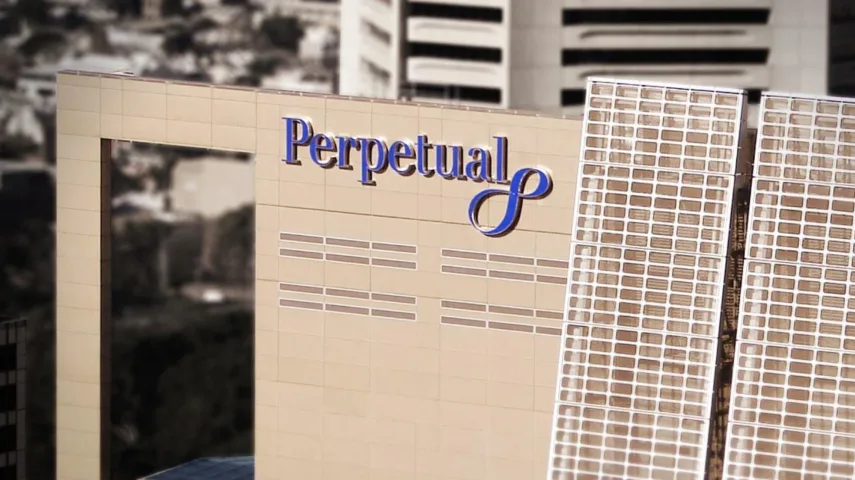Perpetual falls back to outflows in Q2



Perpetual has fallen back into outflows in the second quarter of FY25, with redemptions concentrated in J O Hambro and Pendal.
In its quarterly update for the three months to 31 December, the fund manager said it had experienced outflows of $3.8 billion during the quarter. It also saw negative market movements of $4.1 billion.
In the previous quarter, it had reported net inflows of $0.4 billion which was the first time it had reported net inflows since the first quarter of FY24 when it saw inflows of $0.1 billion.
J O Hambro Capital Management (JOHCM) saw net outflows of $2.1 billion, Barrow Hanley lost $0.4 billion, Pendal lost $1.1 billion and TSW lost $0.3 billion.
At Pendal, which was acquired by Perpetual in January 2023, outflows were predominantly from multi-asset, Australian equities and cash.
However, overall AUM was up from $222.3 billion at the end of September to $230.2 billion, thanks to positive currency movements of $15.8 billion.
In wealth management, total funds under advice was $20.6 billion, up by 1 per cent on the prior quarter, and net flows were flat.
Chief executive Bernard Reilly said: “There was a mixed performance in the December quarter across our three businesses. In our asset management business, while AUM increased by nearly 4 per cent, supported by positive currency movements, the business was also impacted by a decline in global and US value indices over the quarter, as well as net outflows.
“Corporate Trust delivered solid growth in funds under administration totalling 2.5 per cent, supported by growth across the majority of products and in wealth management, the business delivered growth of 1 per cent in funds under advice driven by favourable market movements.”
Regarding the firm’s planned scheme of arrangement with KKR, Perpetual said the two firms are “continuing to engage constructively” regarding the transaction.
The scheme was placed in doubt at the end of 2024 after the Australian Taxation Office provided guidance that its primary tax liability could be as much as $488 million. Further additional penalties and interest could also cause this sum to rise by as much as a further 50 per cent.
This meant estimated cash proceeds to shareholders from the transaction, if the scheme is implemented, would reduce from $8.38–9.82 per share to $5.74–6.42 per share.
As a result, an independent expert ruled the deal was no longer in the best interest of shareholders.
Recommended for you
Lonsec and SQM Research have highlighted manager selection as a crucial risk for financial advisers when it comes to private market investments, particularly due to the clear performance dispersion.
Macquarie Asset Management has indicated its desire to commit the fast-growing wealth business in Australia by divesting part of its public investment business to Japanese investment bank Nomura.
Australia’s “sophisticated” financial services industry is a magnet for offshore fund managers, according to a global firm.
The latest Morningstar asset manager survey believes ETF providers are likely to retain the market share they have gained from active managers.















